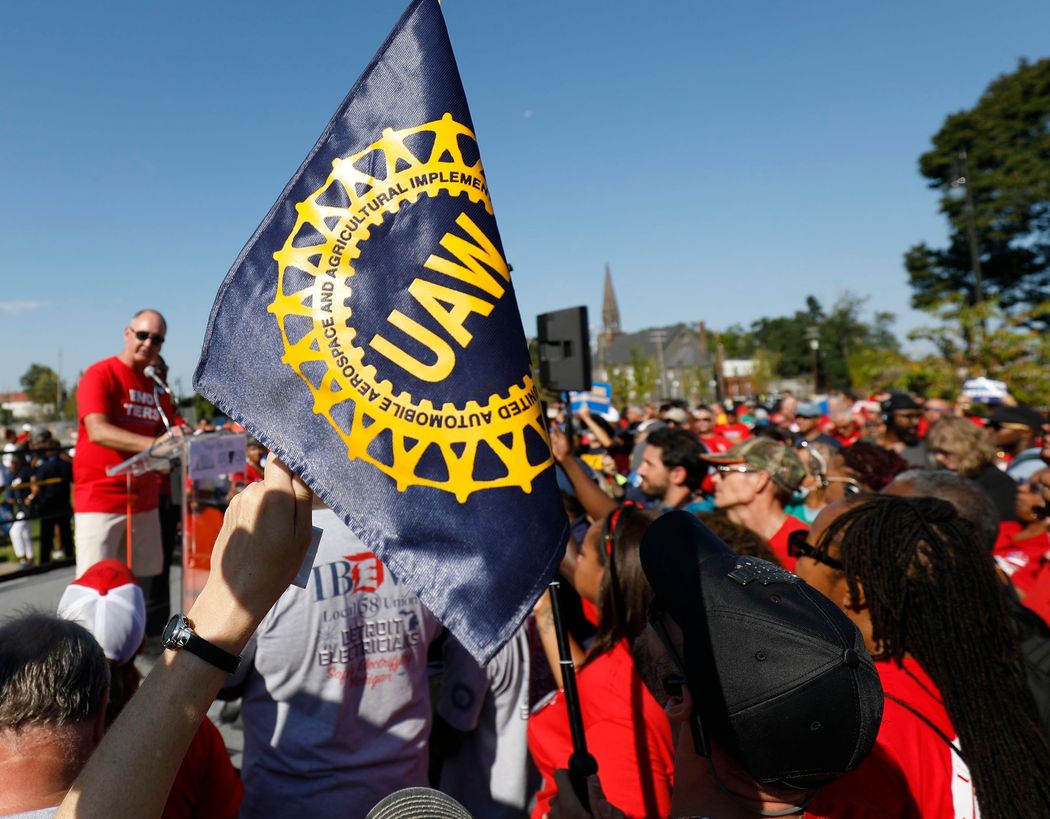
Holden Hopkins is a student at Harvard Law School.
In today’s news and commentary, Boston University Graduate Workers are striking today, Michigan House staffers are organizing their own union drive, and new data reveals the economic benefits of unionization.
On March 12th, the Boston University Graduate Students Union (BUGWU) voted overwhelmingly to authorize today’s strike. Negotiations had been ongoing with Boston University, though the union says the latest offers from management have not come close to meeting the demands of graduate workers. In addition to raises which BUGWU claims are necessary to meet the cost of living in Boston, workers are seeking job security provisions, childcare, and better health and dental benefits. Today’s strike is beginning with a noon “Launch Rally” at BU’s Marsh Plaza, and is set to continue with pickets every weekday.
The Michigan Legislature has been the source of key legislative victories for labor recently, most notably including their repeal of the State’s “right-to-work” law last year. Now, legislative staffers in the Michigan House are pushing for union representation. At issue for the staffers include pay disparities, long hours, and high turnover rates.
Bloomberg Law’s Quarterly Union Wage Data report shows that new contracts signed in 2023 by a number of unions have resulted in the highest average first-year wage increase since 1988, when tracking began. On average, union workers will earn 6.6% more this year as a result of those contracts, and 7.3% more when lump-sum payments like signing bonuses are included.
This report comes on the heels of another recent analysis of 2022 Federal Reserve and BLS data conducted by the Center for American Progress which found a “wealth gap” between union and non-union households. That study found that unionized workers make about 10%-20% more than their non-union peers. The benefits are not solely being felt by union members, however. As Sunah and Will reported last year, several non-union automakers granted their workers raises in the wake of the UAW’s contract with the “Big Three” automakers.
The AFL-CIO summed up the recent data findings in a tweet, stating, “When we fight together, it pays off—literally.”






Daily News & Commentary
Start your day with our roundup of the latest labor developments. See all
February 17
San Francisco teachers’ strike ends; EEOC releases new guidance on telework; NFL must litigate discrimination and retaliation claims.
February 16
BLS releases jobs data; ILO hosts conference on child labor.
February 15
The Office of Personnel Management directs federal agencies to terminate their collective bargaining agreements, and Indian farmworkers engage in a one-day strike to protest a trade deal with the United States.
February 13
Sex workers in Nevada fight to become the nation’s first to unionize; industry groups push NLRB to establish a more business-friendly test for independent contractor status; and UFCW launches an anti-AI price setting in grocery store campaign.
February 12
Teamsters sue UPS over buyout program; flight attendants and pilots call for leadership change at American Airlines; and Argentina considers major labor reforms despite forceful opposition.
February 11
Hollywood begins negotiations for a new labor agreement with writers and actors; the EEOC launches an investigation into Nike’s DEI programs and potential discrimination against white workers; and Mayor Mamdani circulates a memo regarding the city’s Economic Development Corporation.